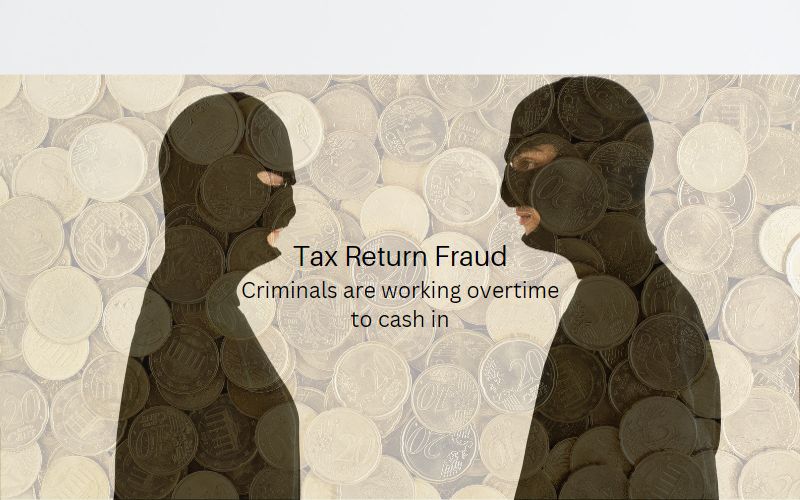By Elliott Greenblott–original article March 6, 2023, Manchester Journal
Elliott Greenblott is a retired educator and coordinator of the AARP Vermont Fraud Watch Network.
Groundhog Day is now history, and most of us are seeing his “prediction” come true. There is another significant date that has passed, but without the hoopla of Feb. 2, Jan. 23 marked the start of the 2023 tax-filing season, and over 40 million Americans have submitted tax returns, about a fifth of the anticipated total. Criminals are working overtime to cash in on the billions of dollars changing hands.
Determining whether you are in the crosshairs for a tax scam is, in some respects, a fairly easy task. In general, if you receive a phone call, text message or email from the Internal Revenue Service or a state tax agency, it’s a scam. With very few exceptions, state and federal tax authorities will not use these methods of contact; notices are mailed using the United States Postal Service. Electronic messaging does occur, but only after initial contact is made by USPS.
The IRS will NOT contact you and make threats
Scammers also engage extreme tactics that government agencies do not use: The IRS will not contact you and make threats of arrest or confiscation; tax agencies do not express urgency in the settlement of issues; they abide by due process; government agencies will not demand payment by credit or debit card, gift card, wire transfer, or cryptocurrency on the phone or internet.
While generally rare, criminals have been known to use the USPS to perpetrate scams in the name of the IRS and appear legitimate. Contact a reputable tax professional before responding to any tax-related letter or making a payment, and be sure to verify the origin of the notice. Also, register and utilize the online account access provided to taxpayers by the IRS.
Criminals use threats and play on your emotions
This all raises the question, “Why are criminals successful if avoiding many of these scams is so easy?” The answer is rather basic; victims become emotional when threatened by authority and become compliant in that emotional state. Don’t maintain the connection if you are contacted by phone, text, or email; don’t respond; hang up the phone, delete the text or email, and report the scam to the impersonated tax agency. While the phone number or email address is likely untraceable, reporting will provide authorities with the knowledge that can be used to alert others, and websites can be traced and often disabled.
Scammers are adept at filing fraudulent tax returns. They create “synthetic” identities involving real Social Security Numbers paired with fabricated details and use the information to file for tax refunds.
How do you know?
The scam frequently goes undetected until the taxpayer files her or his return. The IRS then sends a letter notifying the victim that the tax filing was rejected. If that occurs, go to the website www.IRS.gov, type fraud in the search window and select the appropriate link or contact a reputable tax preparer. For more information on tax scams, visit the website www.aarp.org/fraud.







